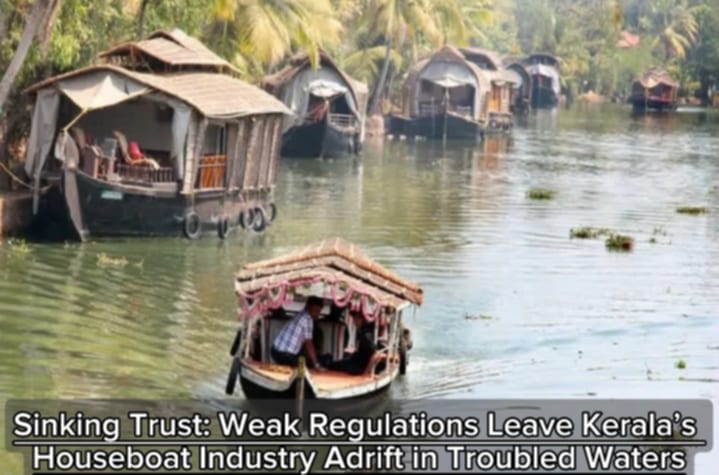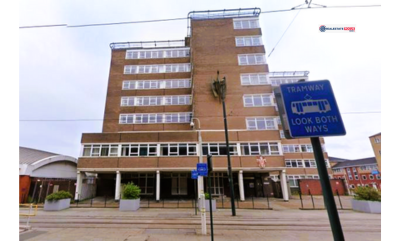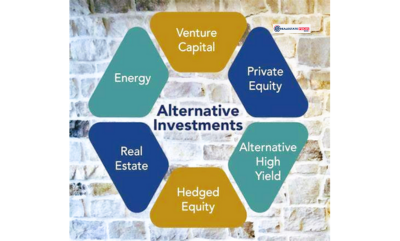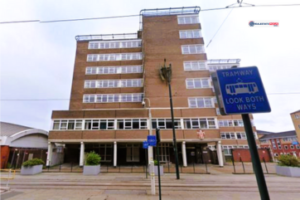

Sinking Trust: Weak Regulations Leave Kerala’s Houseboat Industry Adrift in Troubled Waters
Kottayam, Kerala – A serene cruise through Vembanad Lake, once the epitome of Kerala’s backwater charm, now masks a storm beneath the surface. The iconic houseboat industry in Kumarakom and Alappuzha, central to Kerala’s tourism appeal, is navigating rough waters due to regulatory ambiguity, overcrowding, and alleged administrative neglect.
With more than 1,300 houseboats 826 officially registered and many operating under the radar the backwaters are becoming dangerously congested. Amid this chaos, unclear licensing policies, conflicting laws, and environmental concerns have sparked an industry-wide crisis that could threaten the future of Kerala’s most beloved tourism sector.
The Regulatory Rip Tide
The roots of the issue trace back to a 2013 ban on issuing new houseboat licenses in Alappuzha, aimed at curbing environmental degradation of Vembanad Lake, a designated Ramsar site known for its delicate wetland ecosystem. Yet, enforcement of the ban has been patchy at best.
In a move that stunned local stakeholders, the Kerala Maritime Board (KMB) last year invited fresh license applications igniting widespread protests from the All Kerala Houseboat Owners Association. The association argues that reopening licensing in a saturated and fragile ecosystem not only endangers the environment but undercuts law-abiding operators.
“We are not against growth, but it has to be sustainable. What we see today is unregulated expansion, and the system is turning a blind eye,” said V Vinod, president of the Houseboat Owners Association.
Legal Loopholes and Port-Hopping
With the Alappuzha port suspending new licenses, many operators have turned to registering their boats at ports like Kollam and Kodungallur, only to illegally operate them in Alappuzha, a direct violation of the Kerala Inland Vessel (KIV) Rules, 2010.
However, the situation is further muddied by the Inland Vessels Act, 2021, enacted by the Union Government, which is being interpreted by some as permitting cross-district operations. This has effectively rendered local port jurisdiction rules toothless, creating a legal grey area that benefits rogue operators while frustrating compliant ones.
Environmental Emergency on the Horizon
While tourism remains a financial lifeline single-bedroom houseboats fetch Rs 10,000 to Rs 30,000 per day, and multi-bedroom boats earn Rs 6,000–8,000 per room the ecological cost is mounting. Vembanad Lake is already heavily polluted, and experts warn that continued unchecked expansion could push the ecosystem to the brink.
A report by the Centre for Water Resources Development and Management (CWRDM) had previously raised red flags about the sustainability of the houseboat boom. Yet, with enforcement lax and political will divided, the backwaters are at risk of becoming a victim of their own popularity.
Court Battles and Growing Frustration
The matter is now under legal scrutiny, with the Matsya Thozhilali Congress petitioning the Kerala High Court to ban inter-district houseboats from operating in Vembanad Lake. Until a judicial resolution arrives, the industry remains in limbo.
“We feel abandoned,” said one veteran houseboat operator. “We followed the rules, invested in quality and safety, and now illegal boats are flooding the market and eating into our livelihoods.”
A Call for Balance
What the houseboat industry needs now is clear, consistent, and enforceable regulation, one that strikes a balance between tourism growth and environmental stewardship. Without it, the romantic image of Kerala’s backwaters risks being replaced by tales of bureaucratic drift, ecological neglect, and a once-thriving industry slowly sinking.
As Kerala promotes itself as ‘God’s Own Country,’ the guardians of its backwaters are left asking: will anyone save paradise before it’s lost?




































